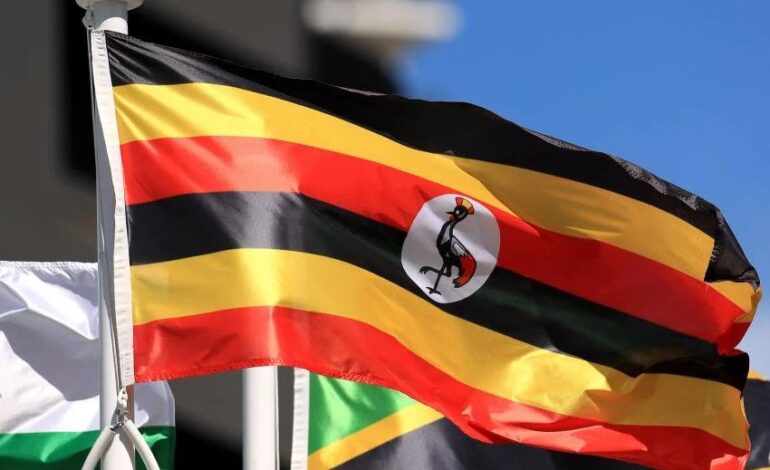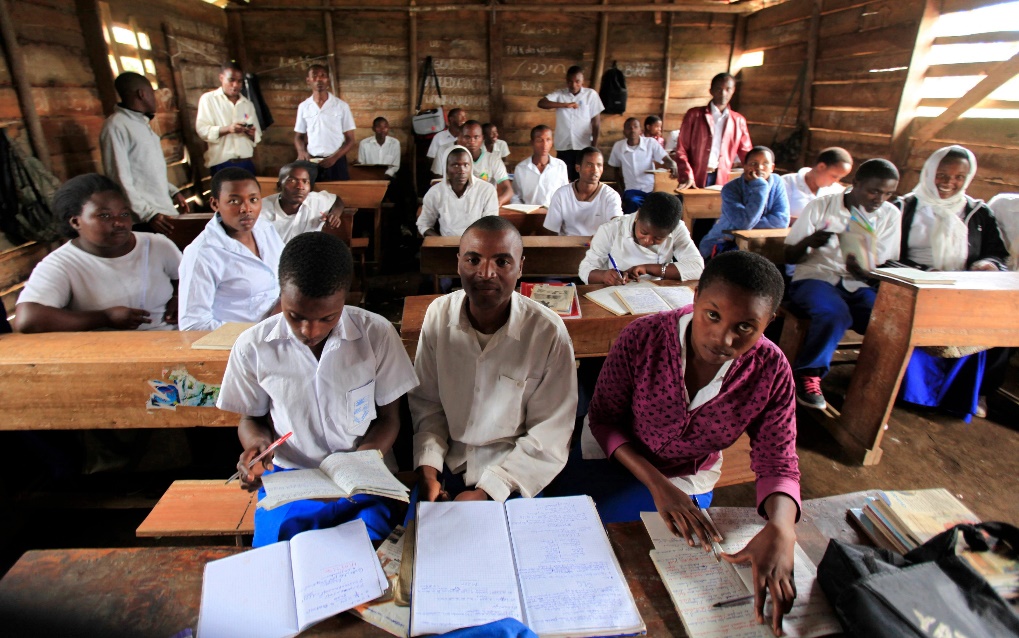
Renson Mwakandana
The Uganda Cabinet has recognized Kiswahili as an official language and instructed that it be made a compulsory subject in primary and secondary schools.
To oversee the adoption of Kiswahili as the second national (official) language, the government established the Uganda National Kiswahili Council in 2019.
As a courtesy to the East African Community, the cabinet is scheduled to provide the documentation for approval on Monday, September 9, according to State Minister of Gender Peace Mutuuzo.

Since it is the most frequently spoken language in the East African area, it is anticipated that learning the language will make it simpler to develop strong bonds of trust when dealing with diverse individuals. Hon Mutuuzo further disclosed that Due to the difficulty of communicating in all 65 Ugandan languages, Kiswahili would be the only language spoken on Uganda Airlines aircraft.
According to Uganda, the Cabinet’s decision is in keeping with the instruction of the 21st East African Community (EAC) Summit, which was held in February 2021 and commanded the expedition of the adoption of Kiswahili, English, and French as the bloc’s official languages.
The Cabinet suggested making the teaching of Kiswahili in primary and secondary schools mandatory and testable. A statement on the Cabinet resolutions said that it was also decided to start training programs for the media, Parliament, and Cabinet.

Since gaining its independence in 1962, only English has been the official language of Uganda. Kiswahili was suggested in 2005 to be the second official language, but secondary schools have only offered it as an elective since 2017.
Kiswahili was chosen as the official language of the EAC in 2017 despite being the lingua franca of the area and widely used as both the national and official language of Tanzania. Tanzania, Kenya, Uganda, Rwanda, Burundi, South Sudan, and most recently the Democratic Republic of Congo are all members of the EAC.
Since 2010 and since 1964, Kiswahili has been the official language of Kenya. Kiswahili became a required subject beginning in primary school in Burundi in 2007, while Rwanda designated it an official language in 2017.
From southern Somalia, eastern DRC, Malawi, Zambia, Mozambique, and the Comoros Islands to South Sudan, Kiswahili is the most widely spoken African language. It was added to the list of official languages of the African Union in 2004 along with English, Portuguese, Arabic, and French.
In addition to English, Portuguese, and French, the Southern African Development Community (SADC), of which Tanzania is a member, added Kiswahili as a fourth official language in 2019.
RELATED
SWAHILI, THE NEXT AFRICAN OFFICIAL LANGUAGE
COULD SWAHILI UNIFY THE AFRICAN CONTINENT?




